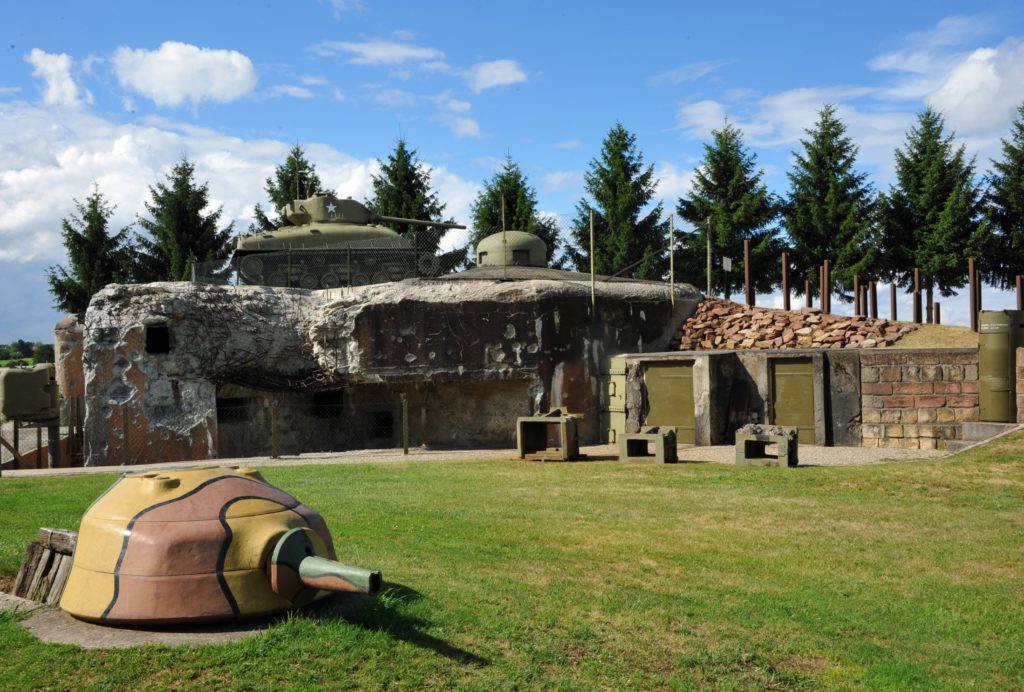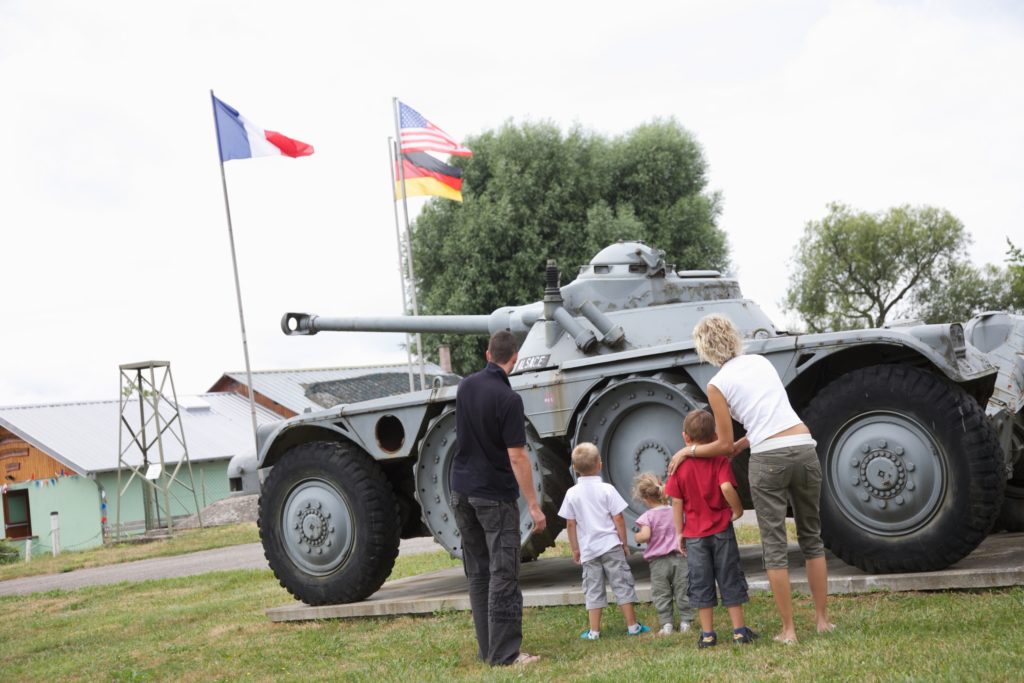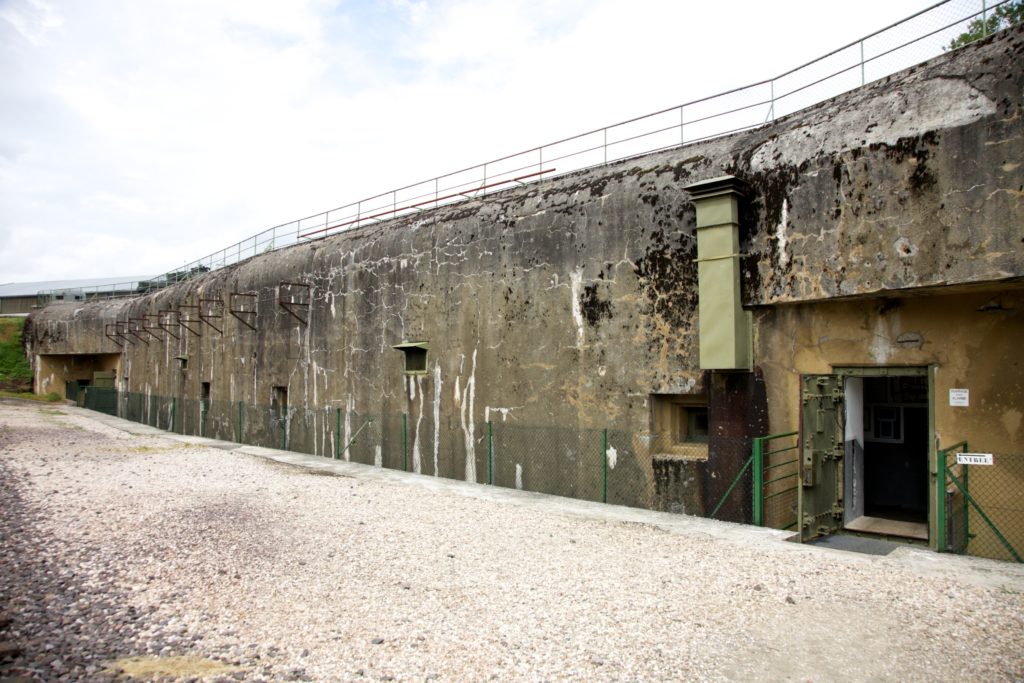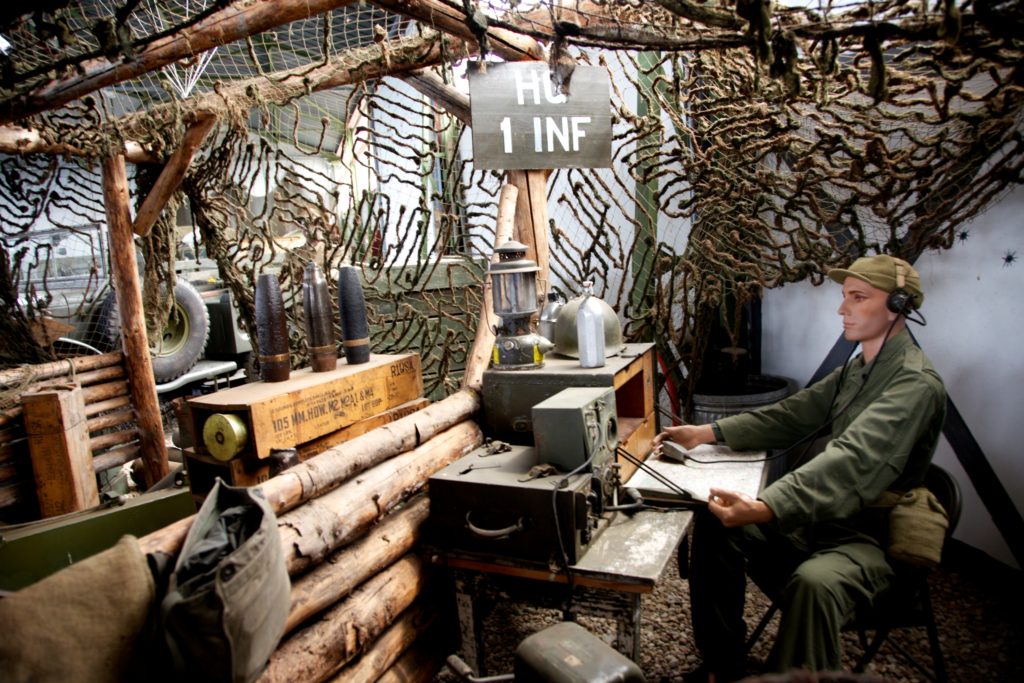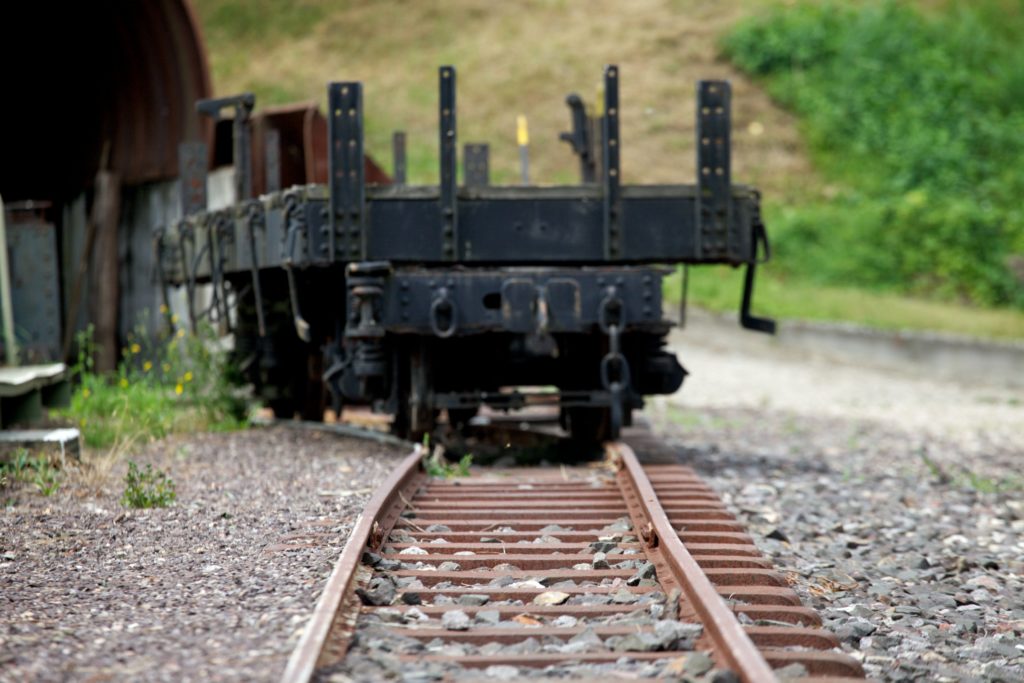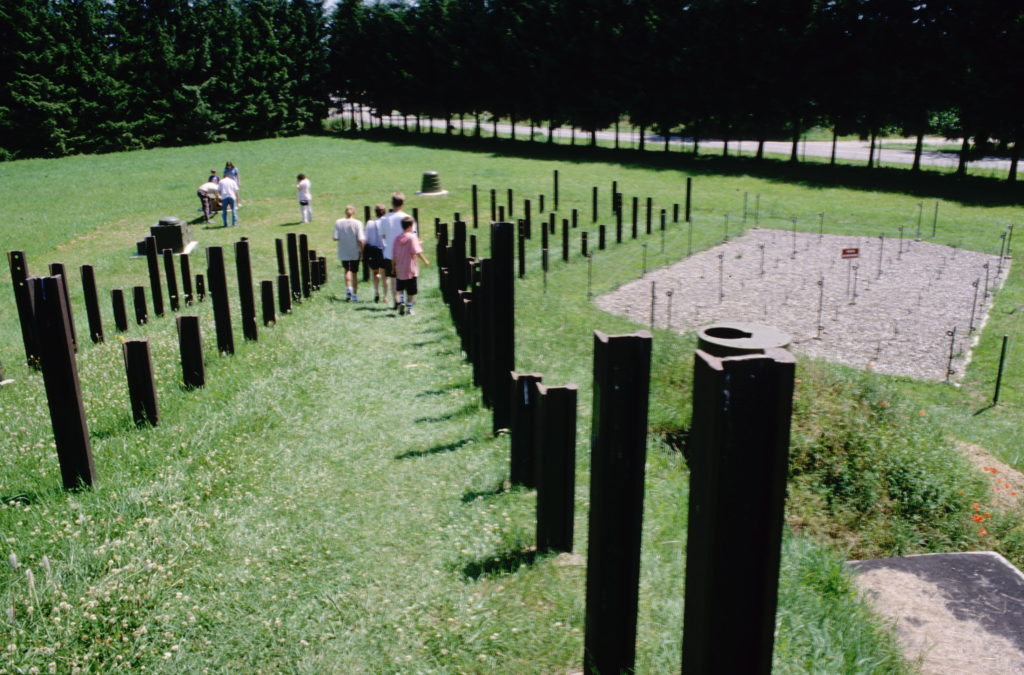- Museum
- Rue de l'Abri, 67690 Hatten, France
- https://www.tourisme-alsace.com/fr/269000129-Musee-de-lAbri.html
- +333 88 80 14 90
The L’abri de Hatten museum is dedicated to the innocent civilian victims and the American and German soldiers who died in the battle of Hatten which was according to US general Devers “one of the great defensive battles of the war”. Visit the museum and appreciate the freedom and peace we enjoy today.
On 13 December 1944, the citizens of Hatten and Rittershoffen, twin communities in northern Alsace, rejoiced, seeing the German Army withdrawing. On 7 January 1945, the Lutheran minister blessed them: “See you next Sunday, God willing”. Two days later, the German army launched Operation Nordwind, one of the last major offensives in the West. Colonel von Luck, commanding the German forces in the attack against Hatten described the battle as “one of the hardest and most costly battles that had ever raged on the western front”. The bitter house to house fighting raged for two weeks, leaving a horrific death toll for the civilians, a pile of rubble and smoking tank hulks in the surrounding fields.
50 years later, the L’abri de Hatten museum was opened in a former underground Maginot Line barracks for French soldiers. Some 28 rooms of the baracks are restored to their pre-war condition while others are dedicated to various topics relating to the history of Hatten during the Second World War. The museum tells the story of the evacuation of the population in September 1939, life under the Nazi rule and the “germanization” of Alsace. It also displays the remains of a German ME 262 fighter – the first operational jet aircraft – which crashed in a local field. Furhermore the museum shows photos from Operation Nordwind and tells the story of the civilians who had to survive in their basements during the two week battle.
A smaller building of the museum is dedicated to the story of the ”Malgre Nous”. The Malgre Nous were local men who were conscripted into the German Army against their will because the Nazis regarded them as German since they felt the Alsace was German territory.

